That was shared by Minister of Agriculture and Rural Development Le Minh Hoan at the National Conference on mobilizing resources to implement natural agricultural solutions on March 21, 2024.
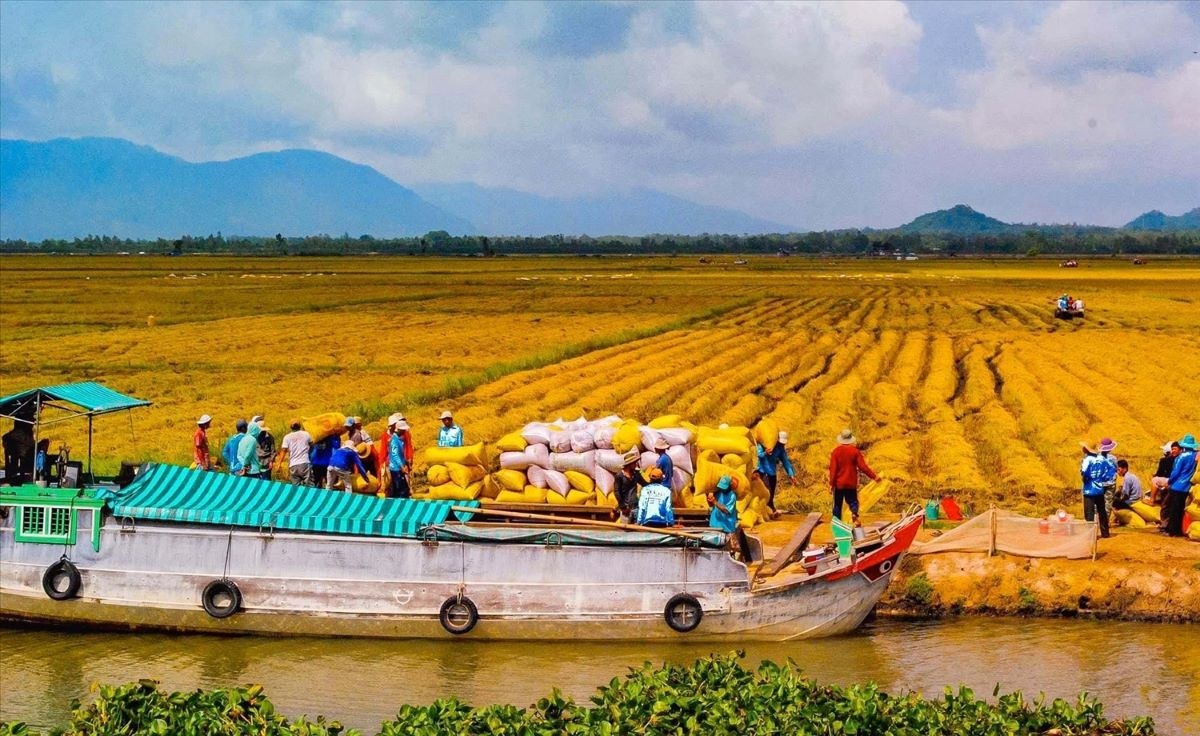 |
| Vietnam's Mekong Delta could be below sea level by the end of the century without action across the river basin. |
Protecting nature while developing the economy
The Mekong Delta (MD) contributes more than 90% of the country's total rice exports, is responsible for 90% of Vietnam's rice exports, and makes an important contribution to ensuring global food security.
However, the Mekong Delta is facing many challenges such as unsustainable development, impacts from hydropower in the Mekong River upstream and climate change. In the past half decade, nearly 98% of the delta's natural environment has been converted into agricultural , aquaculture and residential areas, with only about 2% of the area remaining as natural wetland ecosystems.
Scientists warn that Vietnam’s Mekong Delta could be below sea level by the end of the century if action is not taken across the river basin. Continued unsustainable development could see 90% of this key agricultural region of Vietnam submerged, with significant impacts at the national and global levels.
Speaking at the Conference, Minister Le Minh Hoan affirmed that following nature does not mean doing nothing, but is a process of adaptation and harmony between humans and nature in a controlled manner following the laws of nature to bring benefits to humans and protect the ecosystem.
Mr. Le Minh Hoan emphasized the importance of natural solutions in improving farmers’ livelihoods and agricultural resilience, mitigating and adapting to climate change through carbon sequestration in soils, wetlands and forests. At the same time, conserving nature and biodiversity, maintaining the future of food systems, agricultural producers need to be ready to transition to production methods that regenerate and restore nature while enhancing efficient and sustainable food systems.
Minister Le Minh Hoan called on international partners to support the Vietnamese Government in providing information, knowledge, experience, and assessment tools for the transformation of agriculture in harmony with nature.
At the same time, coordinate with the Government to review priority investment items in the Mekong Delta, support the collection, evaluation, selection of models/solutions to adapt to nature and pilot implementation of models and projects in agriculture, focusing on solutions that harmoniously combine structures and non-structures - adapt to natural conditions, conserve biodiversity, social security solutions, sustainable management of natural resources associated with digital transformation and institutional and policy reform.
Committed to effectively promoting support resources
Speaking at the conference, Mr. Le Van Su - Vice Chairman of Ca Mau Provincial People's Committee said that Ca Mau province has had natural development models such as rice cultivation on shrimp farming land, shrimp farming model under forest canopy, shrimp farming combined with blood cockles and other types.
According to Mr. Le Van Su, to successfully produce natural products, it is necessary to have a system of policies to encourage investment, widely apply science and technology, as well as have regional linkages in sharing water resources and responding to climate change.
From a business perspective, Mr. Le Van Quang, General Director of Minh Phu Seafood Corporation, informed that the shrimp-rice model is a unique form of agricultural cultivation, in harmony with nature, closely associated with the Mekong Delta region and its tropical monsoon climate.
The characteristic of the model is the alternation between two seasons of fresh water (fresh water ecosystem means all pathogens of the salty ecosystem are destroyed, so shrimp farming is disease-free, so there is no need to use medicine and shrimp feed, it is completely natural) and the dry season of salt water (salt water ecosystem means all diseases of rice plants are destroyed, so rice farming does not require pesticides and fertilizers), creating suitable ecological conditions for both rice and shrimp growth.
According to Mr. Quang, the rotation cycle through two water seasons, these two opposite living environments create balance and sustainability for the shrimp - rice model. Therefore, if the shrimp - rice model is implemented as it is now, it requires almost no capital because farmers only use money to buy rice seeds and shrimp seeds, so a very small amount of money can achieve a revenue of 250-500 million VND/ha/year. To achieve 1-2.5 billion VND/ha/year, it is necessary to cooperate to form large rice fields, large shrimp - rice fields.
Representative of the World Wide Fund for Nature (WWF) - the accompanying and sponsoring agency of the Conference, Dr. Van Ngoc Thinh, Director of WWF-Vietnam shared that the Mekong Delta can avoid the risk of shrinking and gradually sinking by the end of this century if the ecological cycle of the delta and the connection from the river to the floodplains are maintained.
Flooding is an important natural process that builds and enriches deltas through sediment deposition. Flood restoration is important for the future of the delta. Floodwaters carry sediment and enrich the delta, increasing soil fertility, elevation, resilience to climate change and sea level rise, and supporting mangrove regeneration.
WWF and partners have been piloting a number of natural solutions in the Mekong Delta region such as rice-fish, rice-shrimp, rice-lotus, shrimp-mangrove, shrimp-rice rotation models... with specific economic results, while still preserving biodiversity and the ecological environment.
From the initial results achieved, WWF is ready to share with partners about this model, to expand the scale to protect the environment, conserve biodiversity and protect forest ecology, contributing to sustainable agricultural development, ensuring health for people and nature.
Minister Le Minh Hoan said that the Ministry is committed to making the most effective use of support resources from international partners, advising and proposing to the Government solutions to strengthen policies on attracting official development assistance (ODA), foreign investment and regulations on receiving and using non-refundable capital, harmonizing procedures between the recipient and the supporter.
Source link


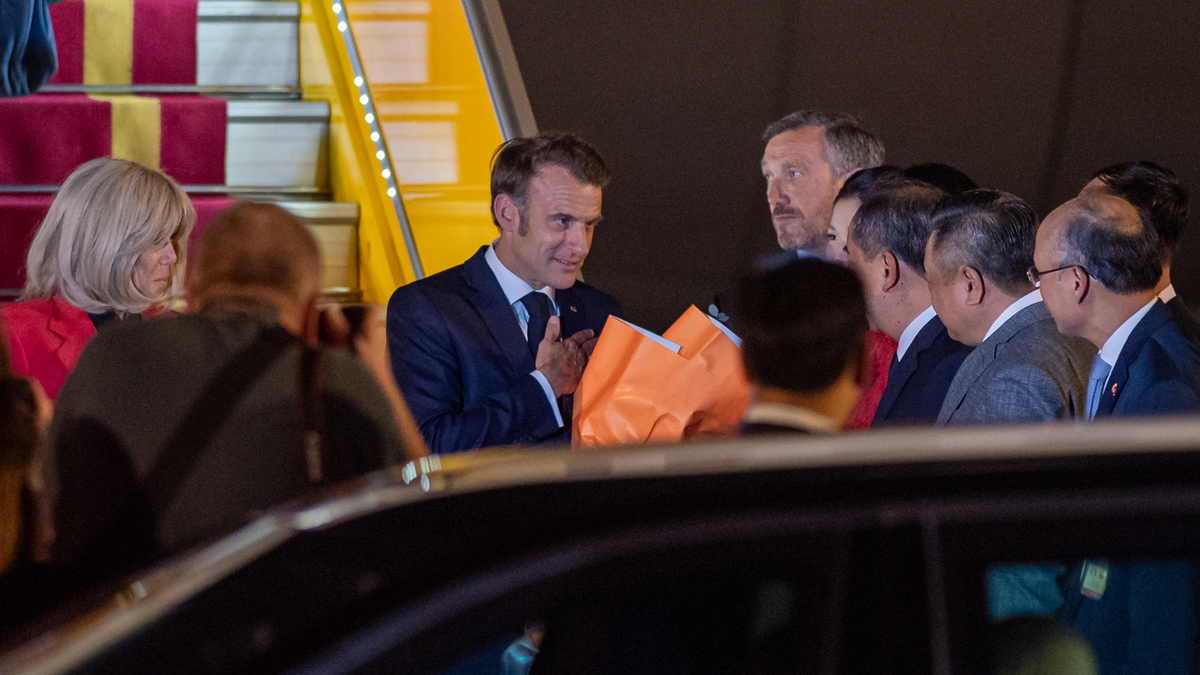
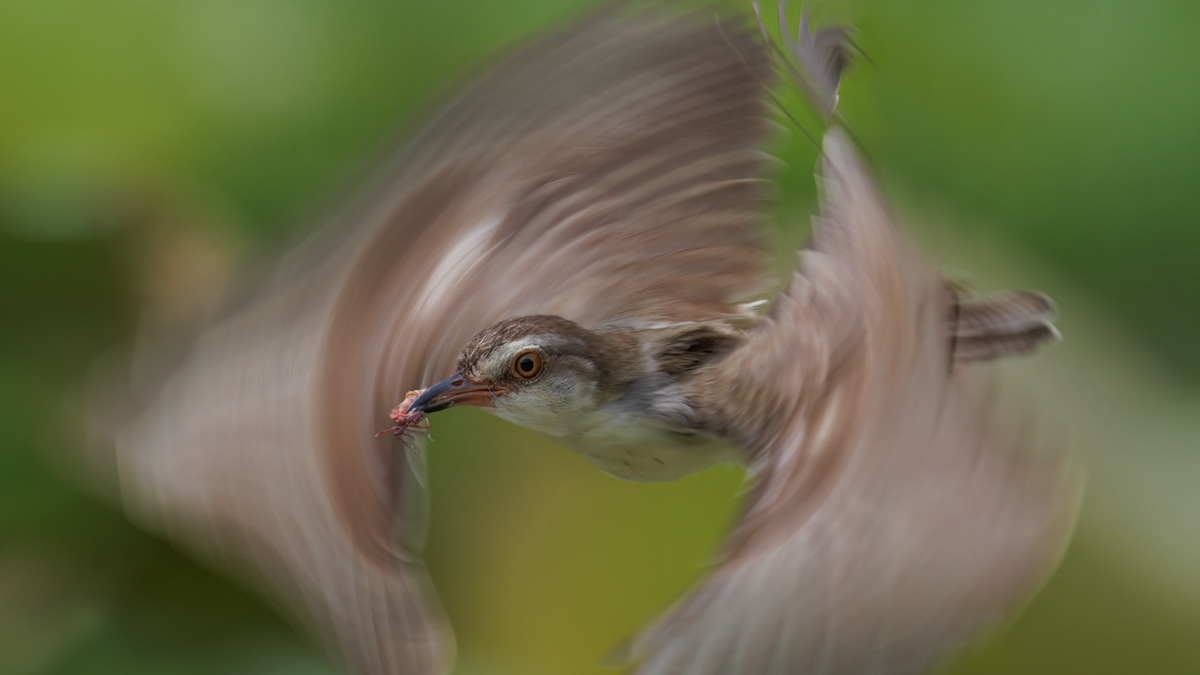
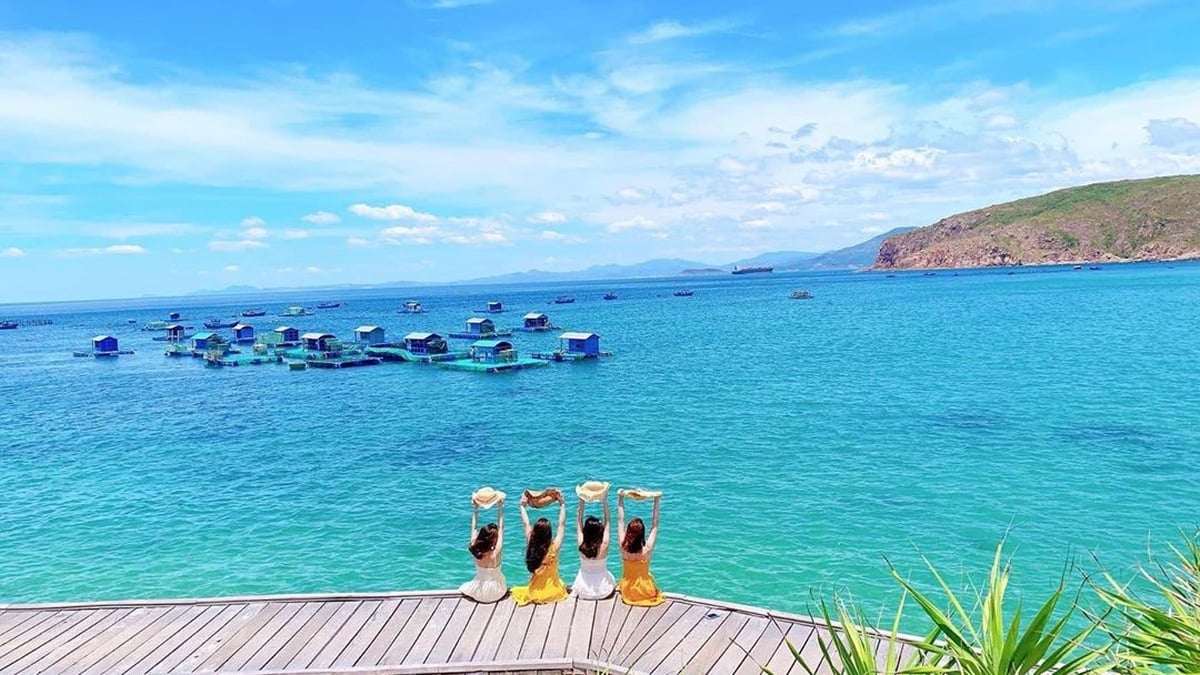

![[Photo] Pink ball and table tennis](https://vphoto.vietnam.vn/thumb/1200x675/vietnam/resource/IMAGE/2025/5/26/d9f770bdfda243eca9806ea3d42ab69b)

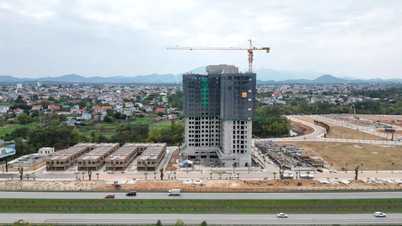

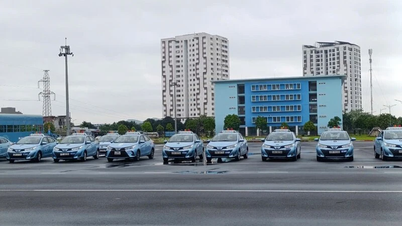
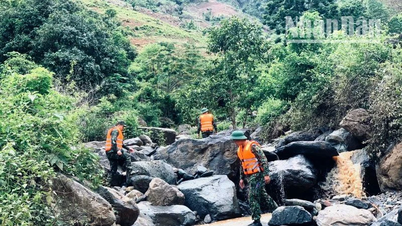
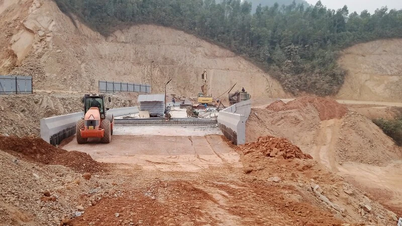
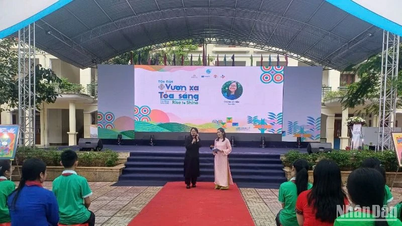
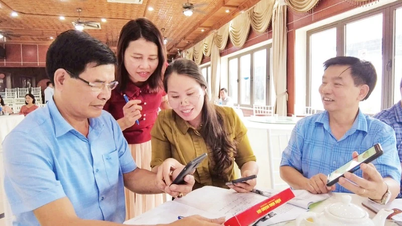





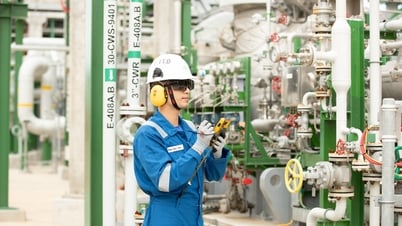
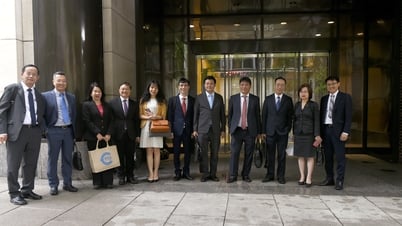
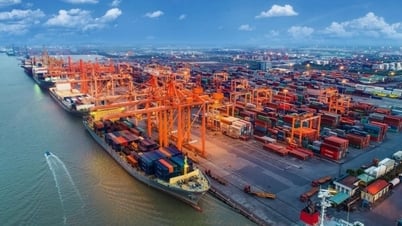
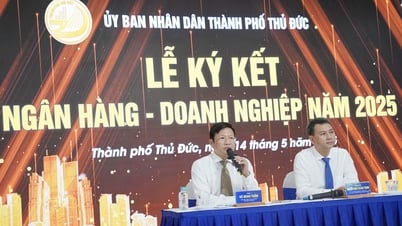
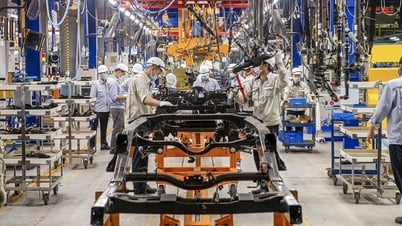
![[Photo] Ea Yieng commune settlement project abandoned](https://vphoto.vietnam.vn/thumb/1200x675/vietnam/resource/IMAGE/2025/5/25/57a8177361c24ee9885b5de1b9990b0e)
![[Photo] French President Emmanuel Macron and his wife begin state visit to Vietnam](https://vphoto.vietnam.vn/thumb/1200x675/vietnam/resource/IMAGE/2025/5/25/03b59c7613144a35ba0f241ded642a59)


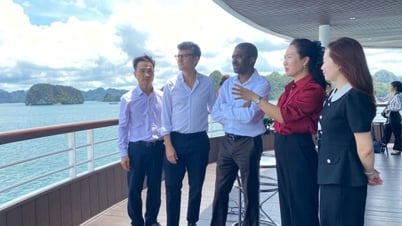

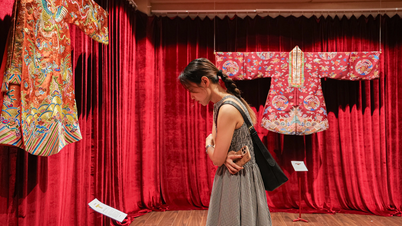









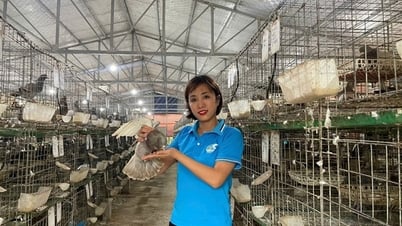

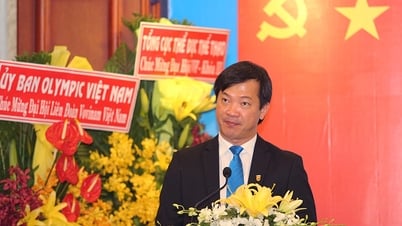
















![[Infographic] Vietnam-France Comprehensive Strategic Partnership](https://vphoto.vietnam.vn/thumb/402x226/vietnam/resource/IMAGE/2025/5/26/986f63068ea9413dbbb558ee6c6944f3)

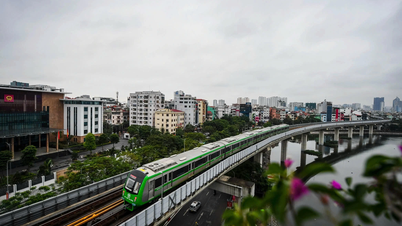
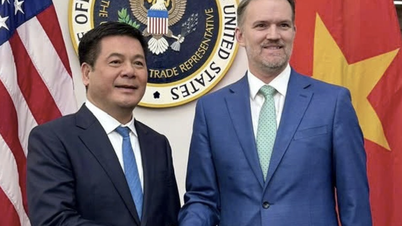


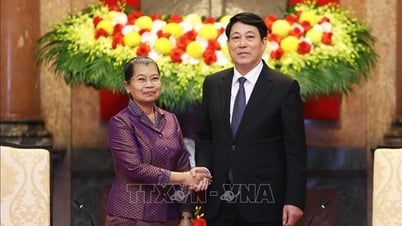

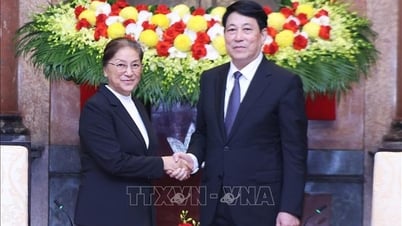





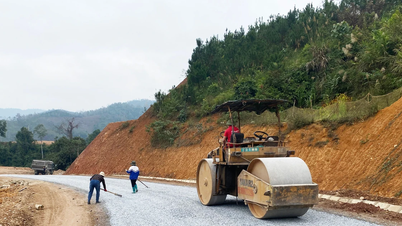

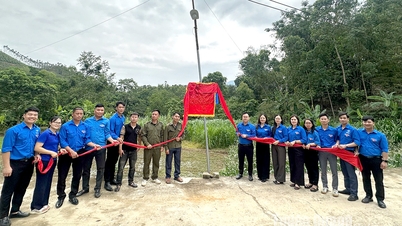

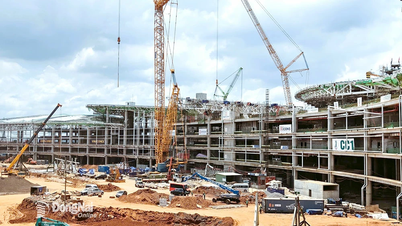

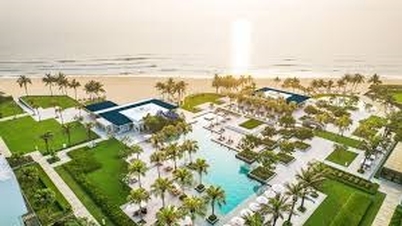

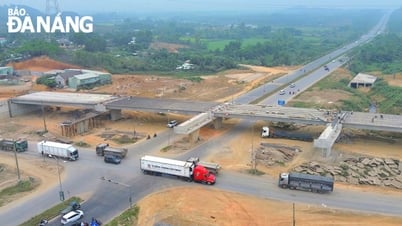
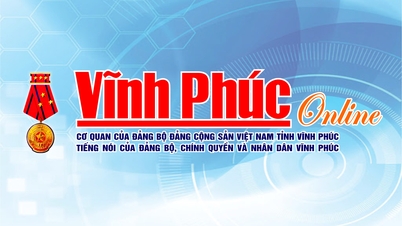

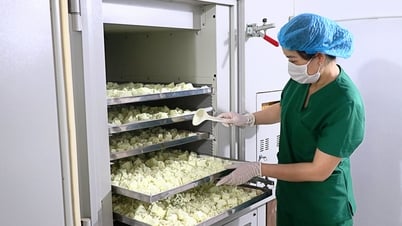

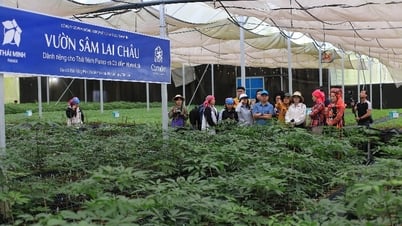

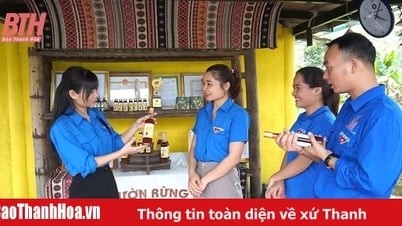

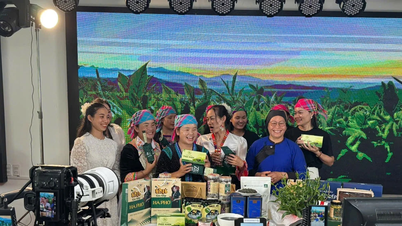




Comment (0)